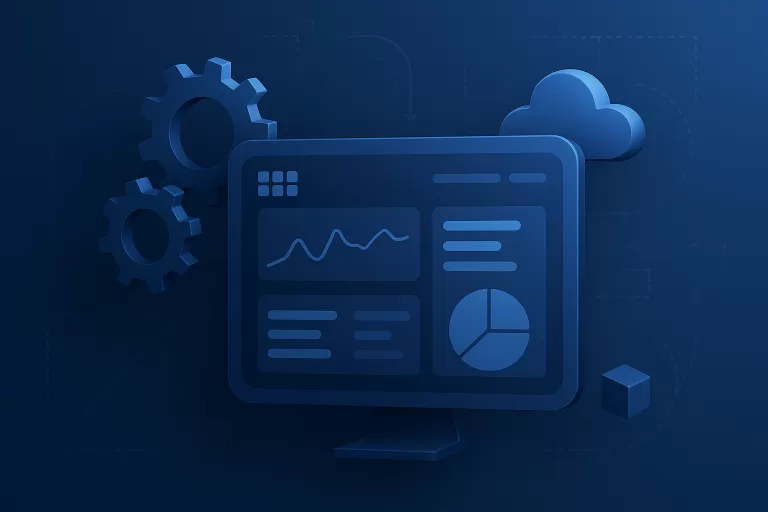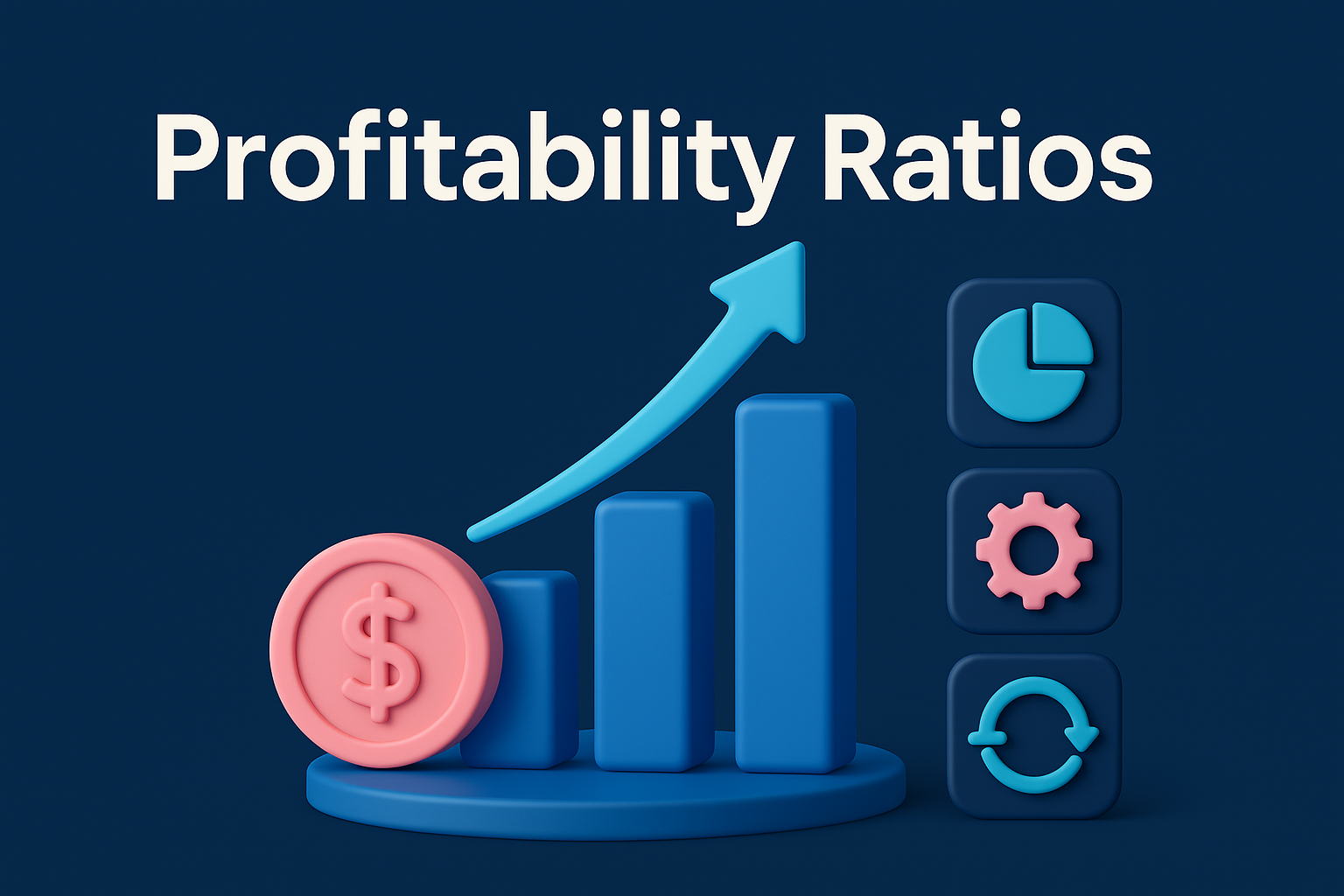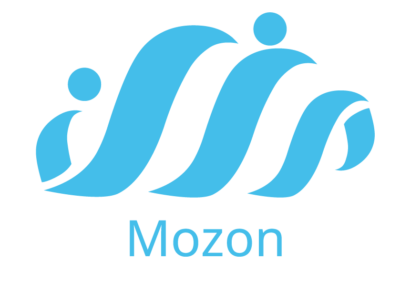Introduction
In the business world, success is never left to chance. If companies are spending millions of pounds on resources, then managing those resources must not rely on luck or disconnected spreadsheets.
An ERP system in Egypt is not merely a software tool; it is the digital architecture of modern organizations. It brings together accounting, inventory, human resources, sales, and production in one unified system that ensures efficiency, control, and strategic insight.
What Is an ERP System and How Does It Serve Companies in Egypt?
ERP (Enterprise Resource Planning) is a software solution that integrates all company functions into a single platform. Accountants are no longer isolated from warehouse managers, and procurement is no longer disconnected from billing. All departments work within a unified system based on a centralized database.
In Egypt, the real value of ERP lies in its ability to integrate with the e-invoicing system mandated by the Egyptian Tax Authority (ETA), ensuring legal compliance and operational coherence.
What Can ERP Offer to Egyptian Companies?
| Function | Benefits in ERP System |
|---|---|
| Accounting | General ledger, journal entries, and financial reports |
| Invoicing | Compliant e-invoice issuance linked to the ETA |
| Inventory | Real-time tracking, cost control, alerts |
| HR | Payroll, attendance, social insurance |
| Sales | Quotations, sales orders, collections |
| Financial Analysis | KPIs, dashboards, and decision-making metrics |
Why Do Egyptian Companies Need ERP?
Compliance with the Egyptian Tax Authority
Automatic e-invoice generation
VAT and income tax handling
Labor Law and Social Insurance Integration
Payroll calculations aligned with Egyptian regulations
Tax and insurance automation
Arabic Interface and Local Support
Full Arabic UI for accessibility
Local technical support and training
Cross-Department Integration
One system linking accounting, sales, inventory, and HR
Fewer errors, no duplicate entries
Cloud vs. On-Premise ERP in Egypt
| Comparison | Cloud ERP | On-Premise ERP |
| Cost | yearly /annual subscription | High initial investment |
| Maintenance | Vendor-handled | In-house team required |
| Updates | Automatic | Manual |
| Security | Encrypted cloud hosting | Depends on internal setup |
| Accessibility | Access from anywhere | Limited to local network |
Recommendation: Most Egyptian companies today are shifting to cloud ERP for its flexibility and lower overhead.
How to Choose the Right ERP System in Egypt
Ensure compliance with e-invoicing and Egyptian tax laws.
Choose a system with a fully Arabic interface.
Make sure it covers key modules (Accounting, Inventory, HR…).
Ensure scalability and modular growth.
Prioritize powerful reporting and analytics tools.
Why Mozon ERP is the Ideal Choice in Egypt
Mozon ERP System offers:
Full integration with Egypt’s e-invoicing requirements
Support for Arabic interface and local tax regulations
Flexible deployment (Cloud or On-Premise)
Customizable modules for any industry
Professional support team and onboarding assistance
Who Needs an ERP System in Egypt?
Manufacturing companies: For production tracking and inventory control
Trading companies: For sales, purchasing, invoicing, and taxes
Service firms: For billing, HR, and project management
Educational and healthcare institutions: For operational and financial streamlining
Key Benefits of Implementing ERP in Egypt
Compliance with Egyptian Tax Authority regulations
Reduced operational costs
Real-time, accurate financial reporting
Fewer manual errors
Improved internal controls
Smarter decision-making
Frequently Asked Questions (FAQs)
Is ERP suitable for small businesses?
Yes. You can start with basic modules and expand as needed.
Is the system compliant with Egyptian tax regulations?
Mozon ERP is fully compatible with the e-invoicing platform and approved by the ETA.
How long does it take to implement?
Implementation takes 2 to 12 weeks depending on company size and scope.
Do I need technical knowledge to use ERP?
No. The user interface is intuitive and training is provided.
Can it integrate with other systems?
Yes. Modern ERP systems offer API support for integration.
Conclusion: ERP Is Not an OptionIt’s the Foundation
In a dynamic and regulated market like Egypt, running a business using disconnected tools or spreadsheets is no longer viable.
An ERP system is the backbone of digital transformation—and Mozon ERP is your gateway to efficient, compliant, and data-driven management.
Begin your journey today with Mozon ERP and take full control of your company’s growth.
Is your organization ready to operate intelligently?





